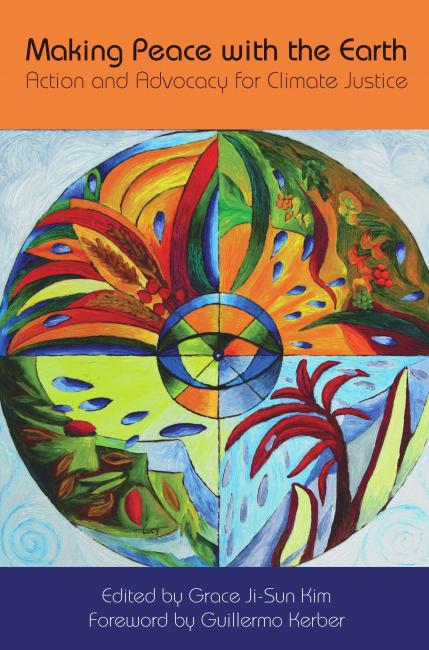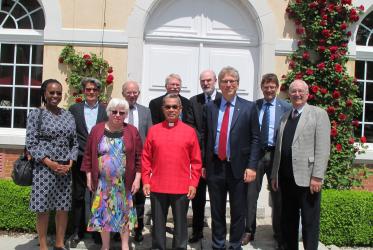Displaying 1 - 20 of 44
Dr Abuom reflects on women of faith as healers of creation
05 October 2021
Healing Together
A Facilitator’s Resource for Ecumenical Faith and Community-Based Counselling
15 October 2020
Freedom of religion rooted in justice
06 March 2020
A moment in ‘Time’: an interreligious vision in Erlangen
20 December 2018
Walking together against hatred and violence
26 February 2018
WCC general secretary speaks on religion and discrimination
14 February 2017
Grand Imam calls for collaboration against violence and poverty
06 October 2016
Catholic-WCC group pursues new mandate
13 April 2016
Symposium focuses on religion, violence, extremism
04 February 2016

















